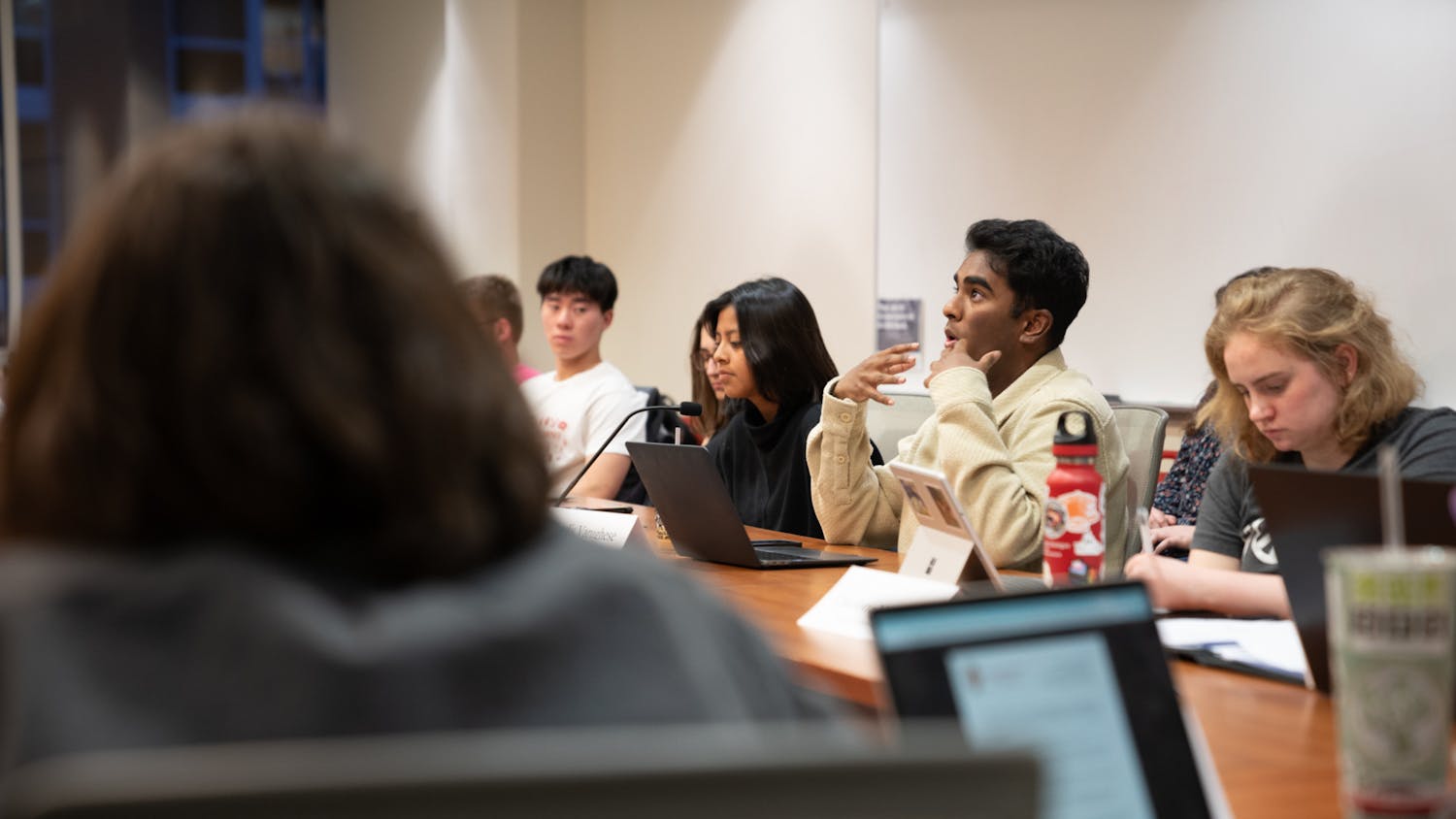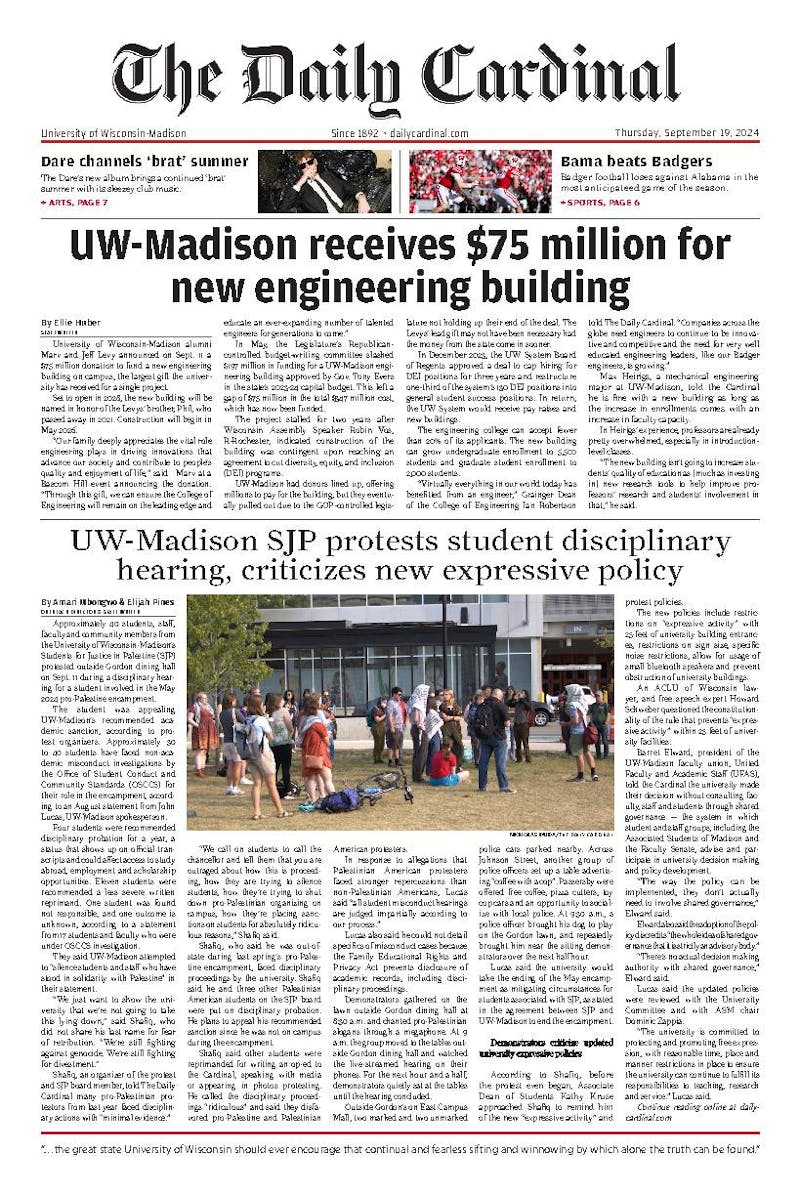Terrorist attacks in New York City and Washington, D.C., have left legislators scrambling to strike a balance between ensuring national security while protecting the civil rights of all Americans.
The Washington Post reported one component of an anti-terrorism bill being deliberated in Congress that includes the authorization for federal agents to wiretap or electronically surveil any place in the U.S. for a year. A more popular proposal would end the five-year statute of limitations in the prosecution of terrorist acts.
Howard Gamtan, press secretary for Sen. Dianne Feinstein, D-Calif., said the senator is considering introducing legislation that would temporarily stop student visas from being issued.
'One thing she is considering, among other things, is a six-month moratorium on student visas,' Gamtan said. He added that Feinstein was concerned when some of these student visas have been misused. 'In New York and Washington, one or more [hijackers] were on student visas and yet hadn't been at school.'
Nadine Strossen, national president of the American Civil Liberties Union, said she thinks it is important for legislators to keep in mind the rights granted to visitors to the U.S.
'Those who are in this country are entitled to full rights under the due process clause of the Constitution,' Strossen said. 'As you look at some Constitutional provisions, they are written in terms of citizens, but if you look at the due process clause, the framers intended that the vast majority of rights would be available to all persons, whether they are citizens or non-citizens.'
Kristy Ringor, communications director for the United States Student Association, said the USSA is concerned about the FBI's use of a 'health or safety emergency' exception to the Family Educational Rights and Privacy Act, which prevents universities from releasing personal information about international students.
'What we're working on now,' she said, '[concerns] an educational provision in there that will basically let the attorney general and Department of Education have access to all student records if they suspect [ties to the attacks.]'
Sheila Spear, UW-Madison director of international student services, said she is unaware of any attempts by federal agents to access UW-Madison student information. Spear said the only student information that can be publicly accessed is that which is posted on the UW-Madison Web site directory.
William Lynch, an ACLU of Wisconsin board officer, said he was concerned about the rapidity with which legislators have responded to the attacks, particularly the student-visa moratorium.
'[Though] student visas might have been a way to enter the country, there are many ways, so what good would that do'? he said. 'We also need to look at the consequences for our international relations, our cutting off education to students around the world.'
Gamtan said Feinstein's support of the expanded wiretap reflects the updates in technology since the rotary phone, the last time similar regulation was in question.
'She supports the majority of the proposals, however there are several that she believes require further review, and before moving ahead with anything we should set a five-year sunset,' Gamtan said of a clause that would cause legislation to expire and come up for re-evaluation in the future.





